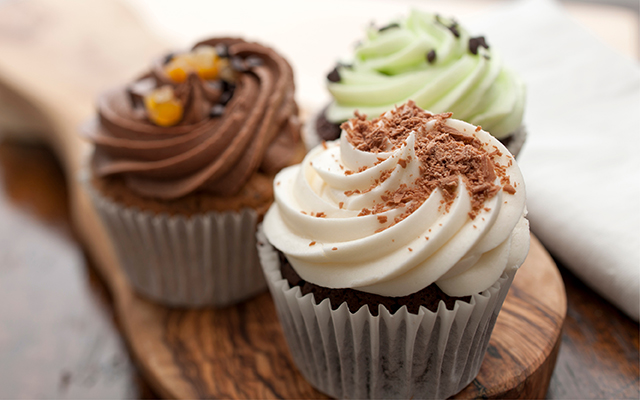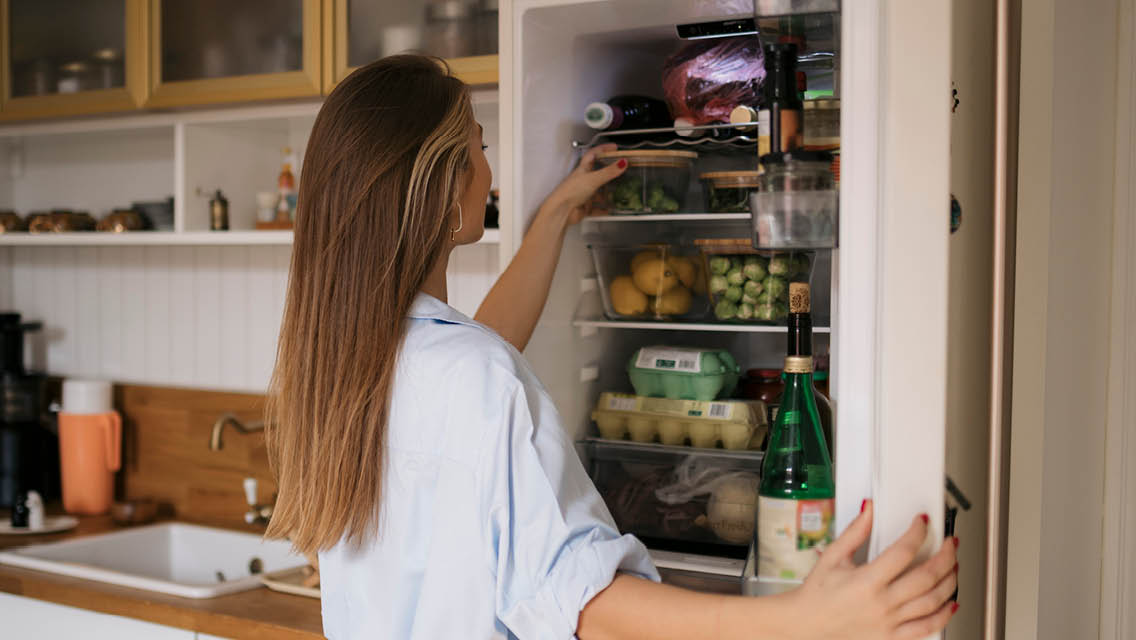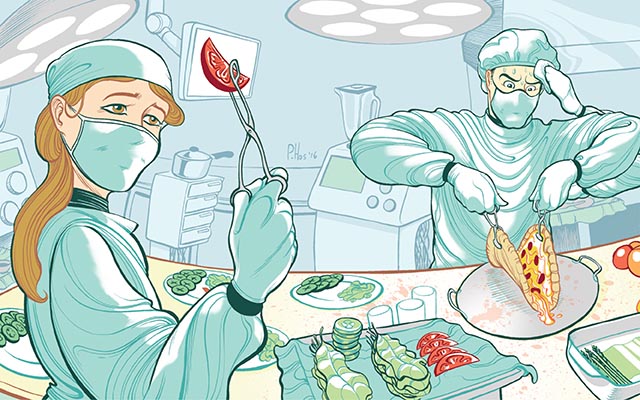“Emotional eating” means to eat large quantities of food (usually comfort foods) due to feelings rather than hunger.
On occasion, this can be in response to feelings of happiness (i.e. when celebrating) but most often emotional eating is triggered by feelings of stress, boredom, anger, sadness, loneliness, anger, resentment, and anxiety.
Here are my top 8 ways to know if you are an emotional eater:
- You feel stressed about a particular issue or something going on in your life but instead of dealing with it directly, you delay by heading off to find your favorite snack food.
- You find that you eat larger portions and/or foods that you believe are “naughty” when you are alone.
- You get cravings that feel out of control — you literally can’t think of anything else until you eat what you are craving.
- You eat until you feel stuffed often.
- You aren’t hungry enough to eat an apple, but you are definitely interested in diving into your favorite treat.
- You feel guilty about or ashamed of your eating habits and of blowing your healthy eating plan once again.
- When you do something good, you celebrate with a food related treat because you feel like you deserve it.
- You turn to foods or beverages when you feel fatigued and need energy.
If you can relate to any of these, you are an emotional eater. Before, you freak out… keep reading.
The truth is, most people can relate to at least a few of the scenarios listed above.
This is one of the biggest myths that I see in the world of healthy eating. Often we are told that our eating habits are the culprit behind all of our problems… that it’s the emotional eating or the overeating that is bad or wrong behavior.
I teach something very different.
Emotional eating is not a bad thing. Food is a very emotional thing and it stems back all the way to when we were babies and our mother or parents would nourish us with breast milk or a bottle while holding us and giving us comfort and love.
In many cultures, food is used as an integral part of celebration and this is not a big deal, in fact many of those cultures have a healthier relationship with food than we do.
The problem isn’t eating out of emotion. The problem is when you continue to ignore the emotion that is causing you to turn to food for comfort. When you eat to make yourself feel better, you are eating in order to fill a void.
So you see, emotional eating really isn’t even about food at all. Instead, the unhealthy sort of emotional eating is about things like a lack of:
- Pleasure and happiness
- Control over your life
- Awareness and attention to what you really want
Emotional eating is simply a signal for you to begin paying more attention to what is really going on in your life that is causing you to practice these behaviors.
Eating to comfort yourself is not inappropriate. It has served a purpose for you. It had to have otherwise you wouldn’t have done it.
YOU are not inappropriate. This is not something to feel guilty about or judge yourself over. You haven’t done anything wrong. Like I said, we all have eaten out of emotion. Even I still eat out of a need for comfort versus hunger sometimes, even knowing what I know. The key is to:
- Understand what you are doing and why.
- Understand what you actually need—i.e. how you can take care of yourself and fill the void that needs to be filled.
When you understand and can take action on these two things, then the emotional eating will end with a few cookies or a single serving of chips rather than the whole bag. In other words, when you learn how to take care of the root issue, the emotional eating will naturally go away on its own.
What do you think? I’d love to hear your thoughts on emotional eating in the comment section below.




This Post Has 0 Comments